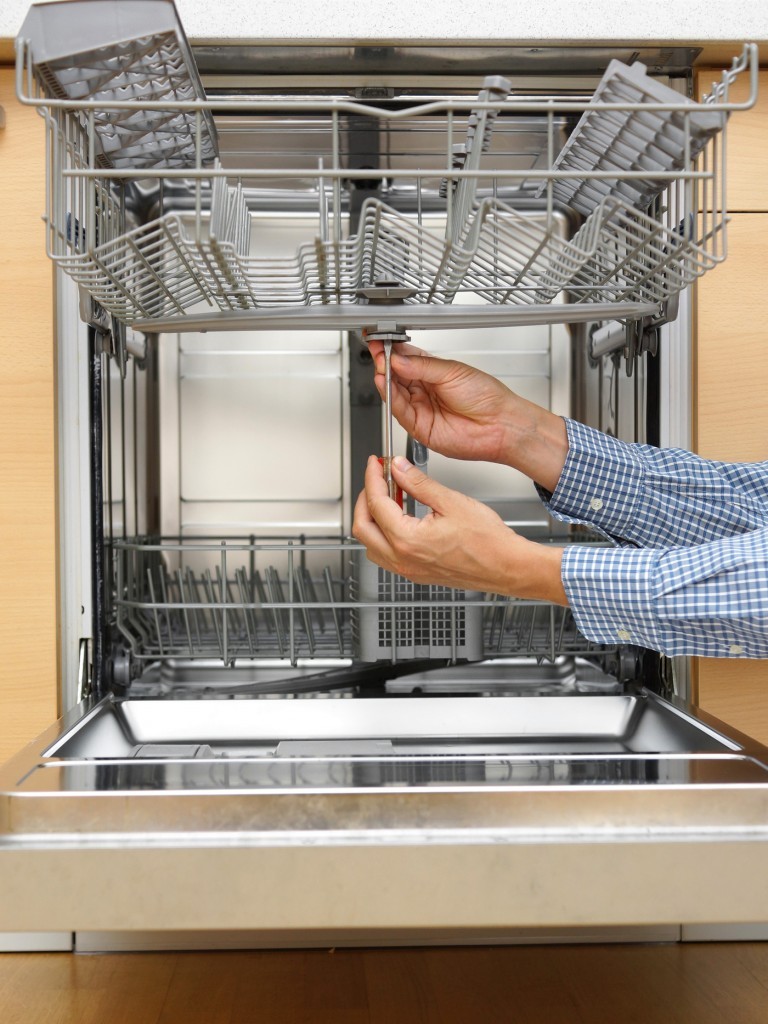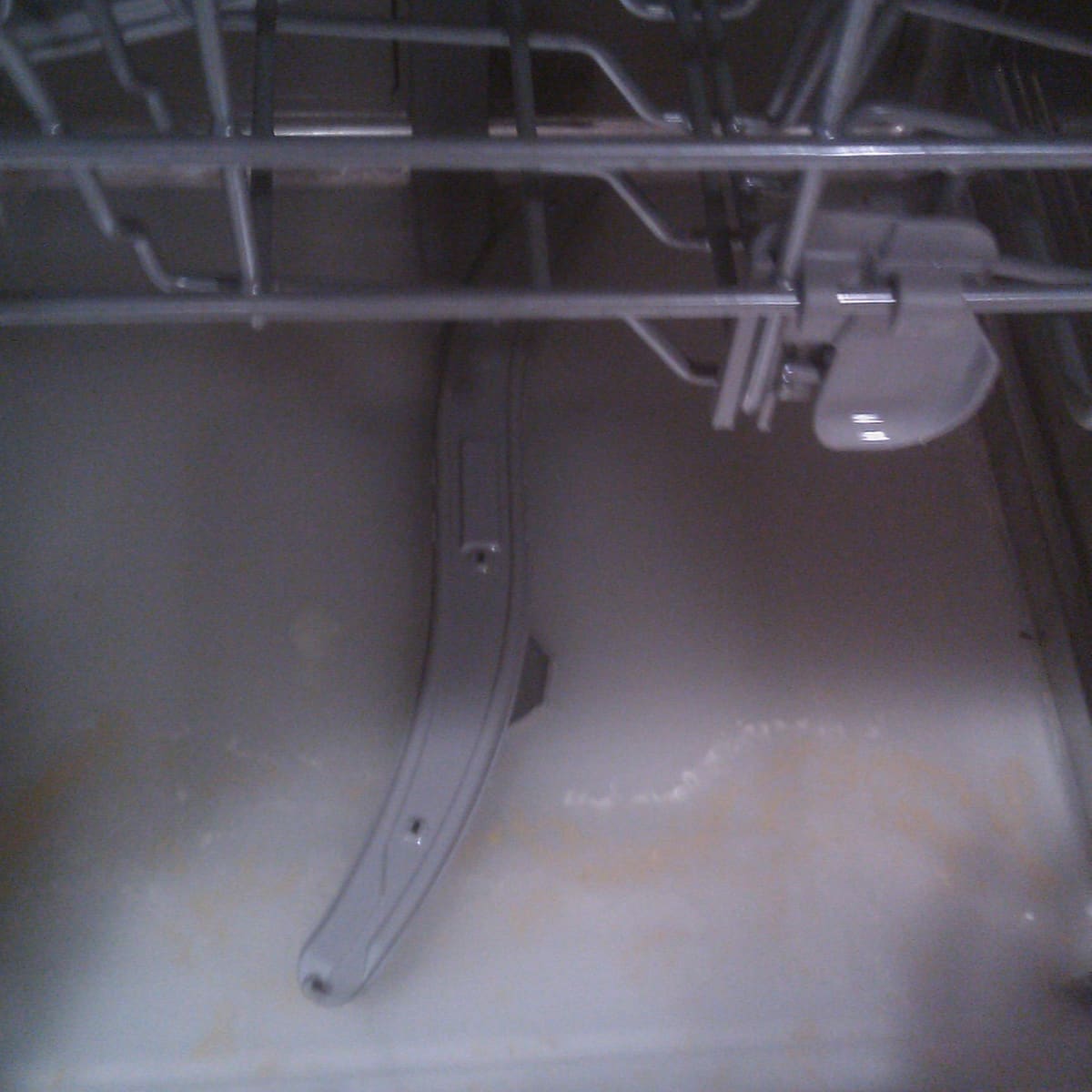Appliance Woes: Exploring Possible Issues
Appliance Woes: Exploring Possible Issues
Blog Article
We have come across this great article involving How to Troubleshoot & Repair a Dishwasher directly below on the web and figured it made good sense to discuss it with you on my blog.

Having your dish washer malfunction or breakdown can be a big deal and also trigger some discomfort in the house. Dishwashers are makers that we make use of to clean recipes and flatwares instantly to save us the stress of by hand doing it.
Like every other device that relieves human initiative, dishwashers can break down as well as establish some fault eventually in time. There are numerous mistakes your dishwasher could create, as well as while some of them can be resolved by changing some components or fixing them, other extra severe problems will need that you obtain a brand-new dishwasher.
This post will certainly identify a few typical mistakes your dish washer might create to prevent its overall efficiency and how these faults can be fixed.
Usual Faults
Typical dish washer mistakes could range from small to major ones. Depending on the level, you will certainly either need the solutions of specialist plumbings to take care of or change it.
Some of the most typical mistakes consist of:
Leaky Dishwashing machine
This is possibly the most daily dish washer problem, as well as the good news is that it is very easy to determine. Leakages occur as a result of several reasons, as well as the leaks can bungle your cooking area. Usual causes of dishwashing machine leaks include;
If your meals and flatwares appear of the dish washer as well as still look filthy or dirty, your spray arms might be a trouble. In most cases, the spray arms can get clogged, and it will require a fast clean or a substitute to function efficiently again.
Inability to Drain pipes
Often you may see a big quantity of water left in your tub after a wash. That is possibly a drain trouble. You can either examine the drain tube for damages or clogs. When unsure, speak to an expert to have it examined as well as dealt with.
This is another typical dish washer problem, and also it is mainly triggered by food particles or grease remaining in the machine. In this instance, look for these bits, take them out and also do the dishes without any recipes inside the machine. Laundry the filter extensively. That will certainly help get rid of the bad odor. Make certain that you remove every food bit from your recipes before transferring it to the maker in the future.
Verdict
Several of these typical dish washer mistakes can be fixed quickly in your home, yet in some cases, the faults could be huge as well as might require the attention of experts. If you reside in Rochester, Syracuse, and also various other parts of America, allowed the specialists properly diagnose what could be wrong with your dishwasher and also extend a remedy.
We additionally mount dishwashers if you just bought a new one or intend to replace your own. With our several years of experience in the market, we make sure to provide you the most effective feasible solutions.
7 COMMON PROBLEMS THAT LEAD TO DISHWASHER REPAIR OR REPLACEMENT
Your Dishwasher is Leaking
As with a leaking clothes washer, there are many potential reasons why your dishwasher is regularly leaking. Among other problems, your leaking dishwasher may have:
A damaged drainage hose A faulty pump and/or pump seal A bad door seal (this is likely as dishwashers age since the seals become brittle) Overloading can also be the cause of occasional leaking, so it’s wise to follow your dishwasher manufacturer’s advice on how to load plates, utensils, and larger items like pots and pans. You can also look for information on how to properly load your dishwasher online. This is a subject that many people have opinions about, and there are tons of dishwasher loading tutorials available, believe it or not!
You Have Dirty Dishes Even After the Dishwasher Has Run
This is another problem that can be caused by overloading your dishwasher, though you may also be using the wrong detergent for your particular dishwasher. This is easy enough to do, as there are lots of different dishwasher detergent formulations for sale—powders, gels, and dissolving tablets.
Check your dishwasher’s manual for more information or visit the manufacturer’s website for help choosing the detergent type that works best with your particular appliance. All the best dishwasher brands should offer support and troubleshooting advice on their websites.
Unfortunately, sometimes more serious problems—like damage to circuitry or electronic control components—can be the cause of your dishes not getting clean. While relatively uncommon, power surges can damage your dishwasher’s electronics, which can prevent cycles from fully running. If your dishwasher has an electronic display of any kind, it may show error codes for incomplete cycles. You’ll need to contact a reliable dishwasher repair resource for help with this kind of problem.
Your Dishwasher is Not Fully Draining
This problem is often due to clogs in the drainage system of your dishwasher. Improper drainage can create huge messes, like damaging leaks and bacterial growth inside and outside of your dishwasher. Some dishwashers have self-serviceable filter components that should be cleaned out regularly to prevent clogging.
However, your dishwasher could also have more significant problems with its drain pump or other components. As we discussed above, damaged circuitry can prevent cycles from running or advancing properly, and that could be the culprit in this case, as well. It’s best to call an appliance expert for help with dishwasher repair due to drainage failure.
Your Dishwasher Won’t Turn On
A dishwasher that won’t turn on doesn’t necessarily equal a “dead” dishwasher. You could have a simple blown fuse or tripped breaker affecting your dishwasher’s power supply. Check to be sure your dishwasher is receiving the power it needs to run.
Another common issue that will prevent your dishwasher from starting up is a faulty door latch. If your dishwasher can’t close properly—or the electronic control system “thinks” it’s not closing properly—the appliance won’t start.
Your Dishwasher Has Water Fill Problems
Another issue that is sometimes caused by damaged circuitry and cycles that aren’t running or advancing correctly, water fill problems can be tricky to troubleshoot. If your dishwasher is not filling at all—or won’t stop filling as it operates—it could be due to a faulty float or float switch, or a water inlet valve problem, too. And these issues are best addressed by dishwasher repair professionals.
https://www.kaappliance.com/blog/7-common-problems-that-lead-to-dishwasher-repair-or-replacement

I am just very fascinated with How to Troubleshoot & Repair a Dishwasher and I am assuming you appreciated my page. Enjoyed reading our write up? Please share it. Help others check it out. I enjoy reading our article about How to Troubleshoot & Repair a Dishwasher.
Top plumbers, one call. Report this page